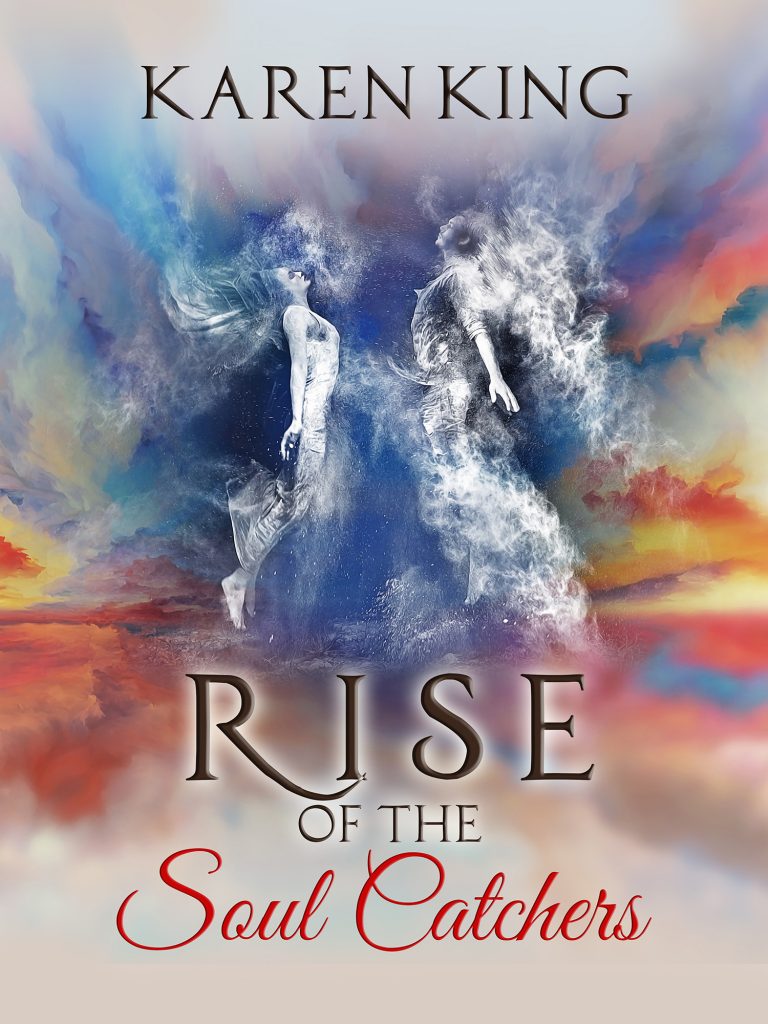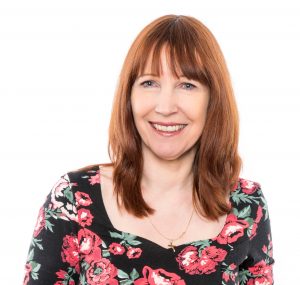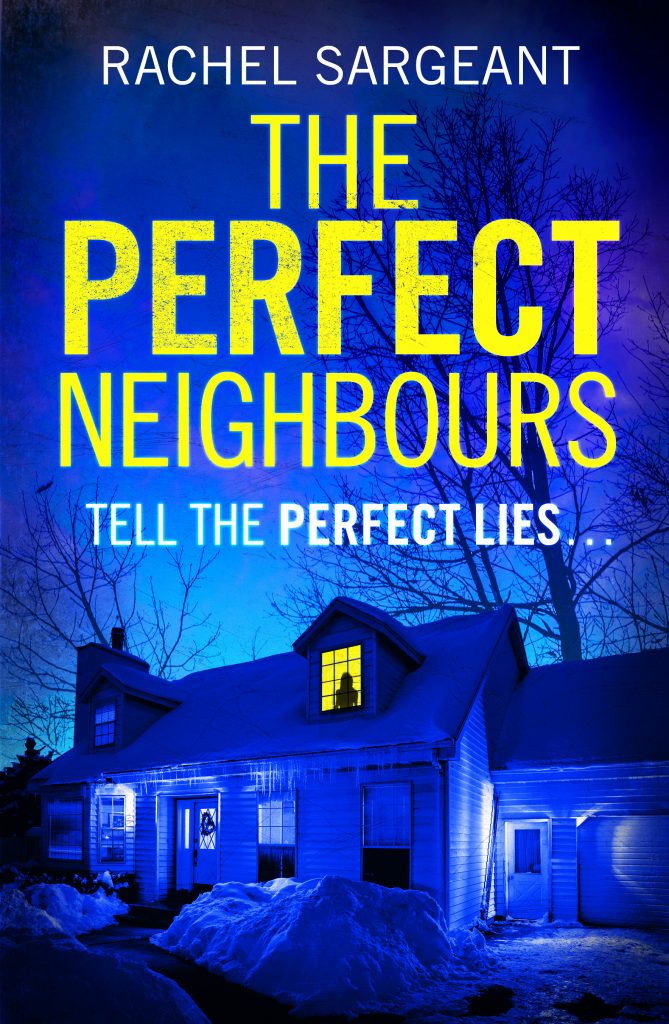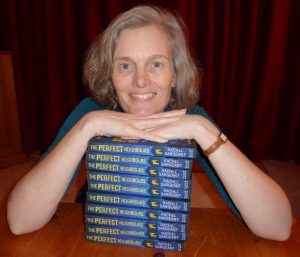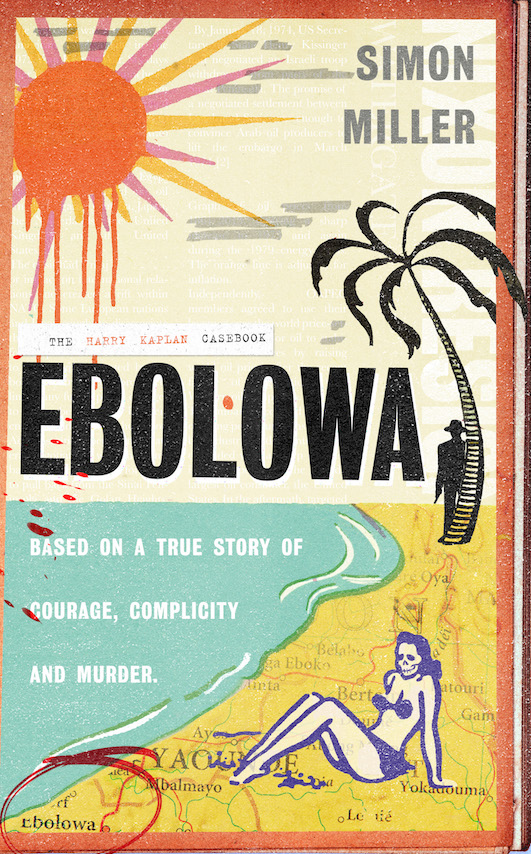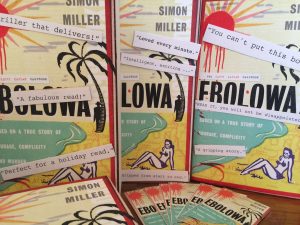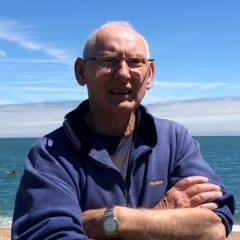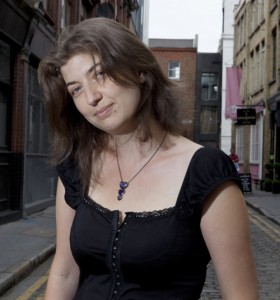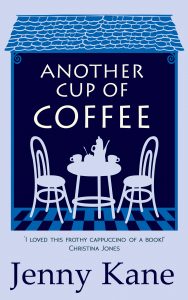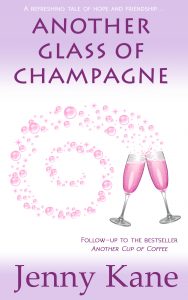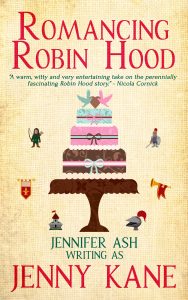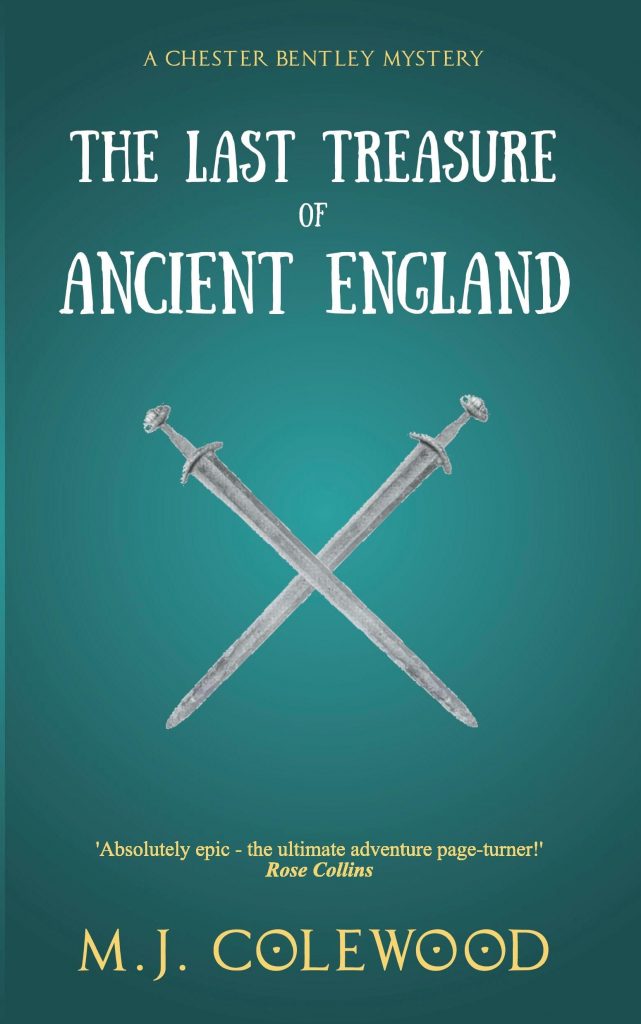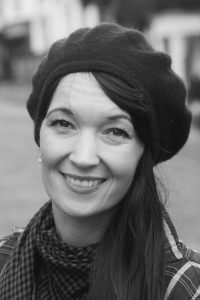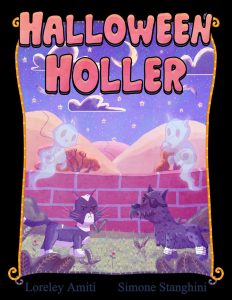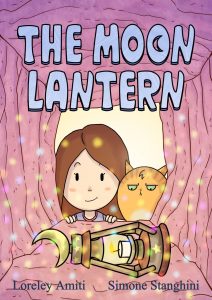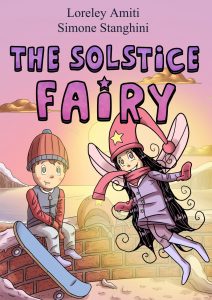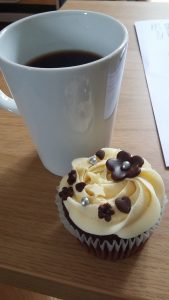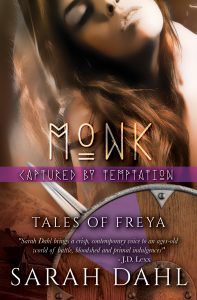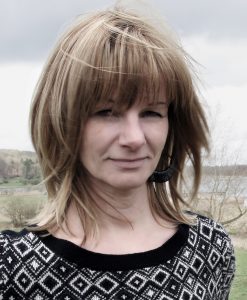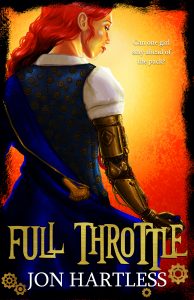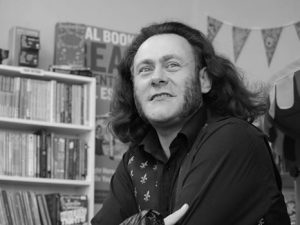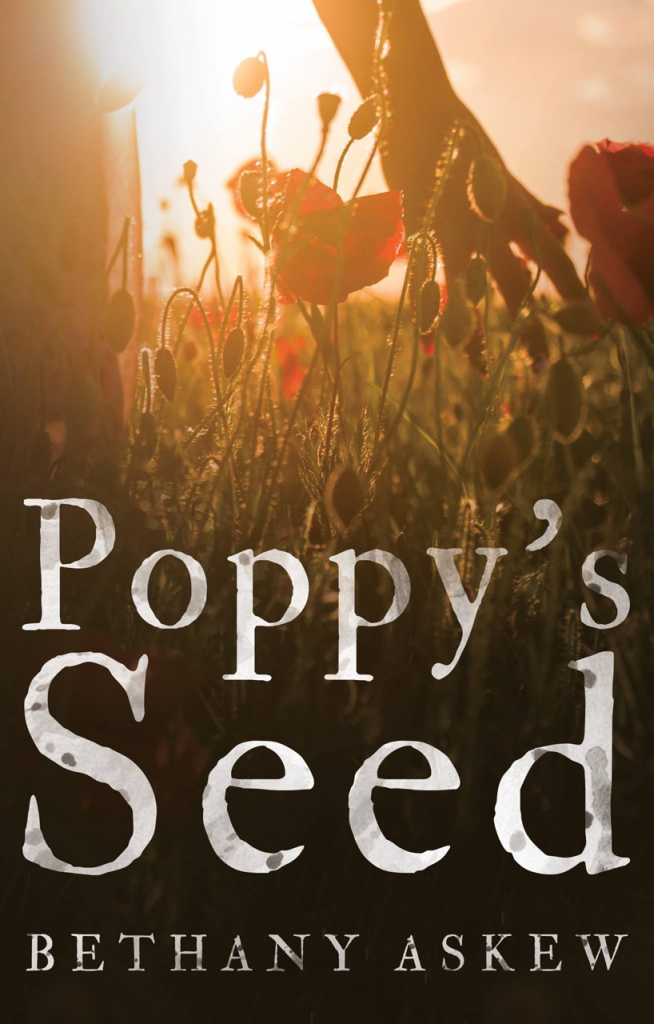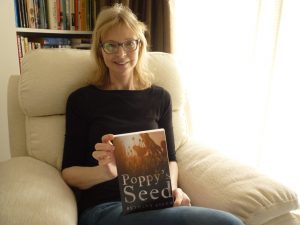I’m delighted to be joined by the lovely Terry Lynn Thomas, today.
So, go and grab a cuppa- maybe some cake- and come and put your feet up for a few minutes and join us for a chat.

What inspired you to write your book?
My dad fought in the Navy during the World War II. (I know, dating myself.) And he regaled me with stories of his time in the Pacific theater, stories of bravery and courage in the collected effort of the military and civilians to overcome the axis powers. His stories inspired me to memorialize this period of history lest we never forget this global war. As I dug into the research of the Sierra I quickly became captivated by the events which led up to the war, and the state of the world at that time. In light of the divisive times we live in now, it struck me how United help the people were in their efforts to support the war. People made sacrifices in their everyday life, selflessly committed to those who experienced battle firsthand. The bravery encourage of the people who fought in the war and lived through its difficulties inspired me to write mystery set in this time. As a writer of historical fiction, my goal is to transport my readers into my story and stay out of their way, so they can experience what it felt like to live in the world at this particular point in time.
I have always loved mysteries, especially those written during early- to mid-twentieth century. (Think Agatha Christie and Patricia Wentworth.) So writing a mystery series set in the United Kingdom during the time leading up to World War II was a natural fit. The Silent Woman is set in June 1937. King Edward has abdicated the throne to Mary Wallis Simpson, and the country is in coronation fever as King George takes the crown. While in Germany, Adolf Hitler is conscripting an army and building planes in violation of the Treaty of Versailles. England is headed to war, but her citizens do not know it. I couldn’t ask for a more dramatic backdrop for story. (True confession: I also really like hanging out in an era where people aren’t so connected via its cell phones and computers. I am hoping that young readers will visualize what the world was like without this technology when they read my books.)
What type of research did you have to do for your book?
My favourite topic! When I set out to write a new book, the first thing I do is pick a specific time set for the arc of the story. Once I have a specific date, I read the newspapers during that period of time, paying attention to the small details of day-to-day living. (Sidebar: the personal columns were the equivalent of social media. I’ve come across ads such as this, “Will the woman with the Green Beret please meet me under the old maple tree.” I can’t help but wonder if she met this person, and what they said.)
I also research the socio-political climate at the time read proper novels, and watch movies that were playing at the cinema. The National Archives provides a cornucopia of diaries and papers, so I spent some time researching there as well, and usually budget four weeks for this type of effort. By the time I’m finished with this research, I’m well versed on the world my characters inhabit. Then I step away. It’s important to remember that only a fraction of this information will make it into the book. A light touch is needed, as I don’t want to bore my readers with an info dump.
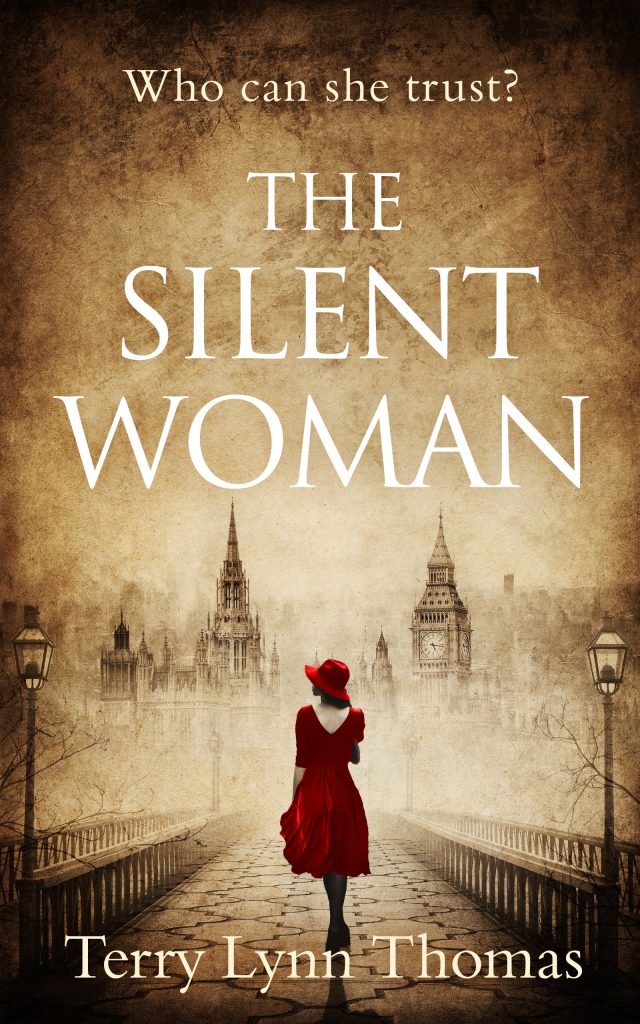
Which Point of View do you prefer to write in and why?
I wrote the Sarah Bennett Mysteries in first person, and loved the immediacy in the way I could crawl inside Sarah’s head and show her thoughts and motivations to my readers. I changed point of view with the Cat Carlisle series and now write in third person. The switch has set me free! Third person allows me to let my story unfold from the viewpoint of different characters and-in my opinion-allows me to flex my “deep” point of view writing muscle – I hope my readers are able to bond and empathize with my characters and become emotionally invested in what happens to them in my third person writing. My job as a writer is to write in such a fashion that I get out of the reader’s way and let them sink into the story. I am a third person point of view writer now and I love it!
Do you prefer to plot your story or just go with the flow?
I am a confirmed plotter and have been known to spend as much time working on my treatment as I spend writing a novel. The treatment includes detailed character sketches, scene development, and the most time consuming a detailed plot outline I use the outline as a map, and often compare writing a book to a sea voyage. When I push away from the dock and lose sight of the shore, it’s nice to know where I’m going. Having said that, my outline is never set in stone. More often than not, my story takes an entirely different direction. If that happens — and it often does — all stop and re-outline. I use my outline is a way to track arcs and tie up all the loose ends.
What is your writing regime?
Mornings are best! I like to get up around 4:30 AM, drink a giant (think soup bowl) cup of very strong coffee, and plug away until 7 AM or so. I set a word count (usually 1500 to 2000 words) and try to hit that five days a week. I think it’s important to step away from story a little bit and let things gel. Sundays are my day to spend with my husband and animals. It seems at times that the biggest challenge is to get my you-know-what in the chair. But I do love this job, and I’m grateful that I’m able to entertain readers with my stories.
Links
https://www.harpercollins.com/9780008271596/the-silent-woman
https://twitter.com/TLThomasBooks
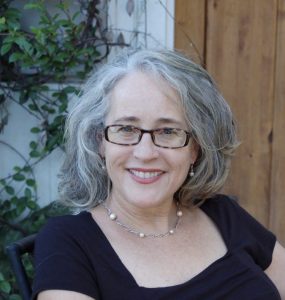
Bio
Terry Lynn Thomas grew up in the San Francisco Bay Area, which explains her love of foggy beaches, windy dunes, and Gothic mysteries. When her husband promised to buy Terry a horse and the time to write if she moved to Mississippi with him, she jumped at the chance. Although she had written several novels and screenplays prior to 2006, after she relocated to the South she set out to write in earnest and has never looked back.
Terry Lynn writes the Sarah Bennett Mysteries, set on the California coast during the 1940s, which feature a misunderstood medium in love with a spy. Neptune’ Daughter is a recipient of the IndieBRAG Medallion. She also writes the Cat Carlisle Mysteries, set in Britain during World War II. The first book in this series, The Silent Woman, is slated to release in April 2018. When she’s not writing, you can find Terry Lynn riding her horse, walking in the woods with her dogs, or visiting old cemeteries in search of story ideas.
***
Fantastic interview. Thank you so much for coming along today Terry.
Your mysteries sound wonderful.
Happy reading everyone.
Jenny xx

